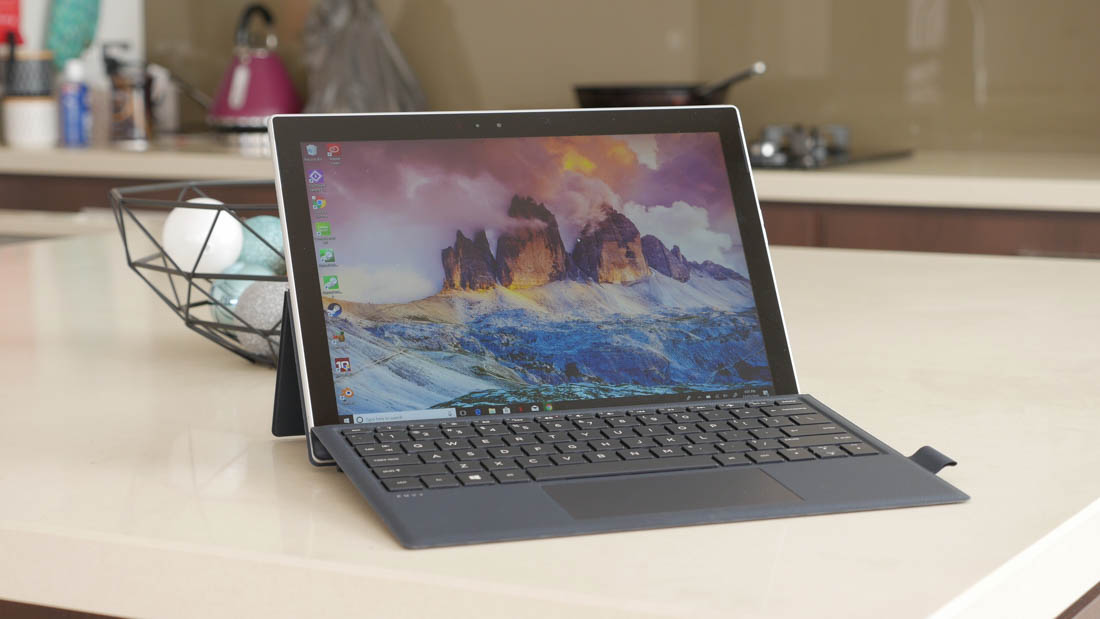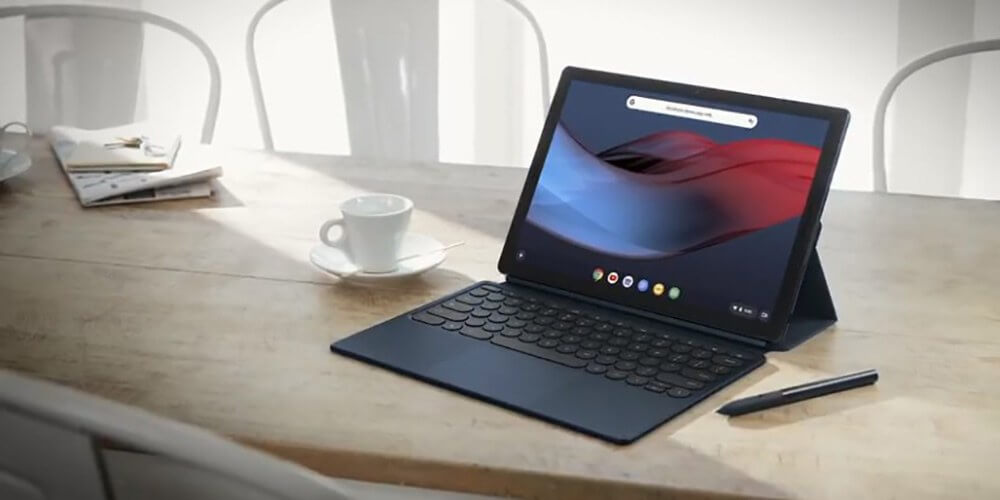Bottom line: One of the main blocking issues of ARM is the lack of software support for standard desktop applications. Google and Microsoft's work to build native ARM software could make it viable everyday users in laptops and tablets.

Even though it may appear to be a race between Intel and AMD to see who can build the latest and greater processor, that battle is only ongoing for x86 platforms. ARM architecture powers most mobile devices and is becoming increasingly viable for extending the battery life of laptops and tablets.
In an unlikely partnership, Google and Microsoft are working together on building an ARM-compatible version of Chrome for Windows 10. Around a month ago, a senior director at Qualcomm spread word that he personally was working on an ARM version of Chrome. Now, commits have been made to Chromium's Gerrit source code that validate the claims.
Two Microsoft developers have also been making commits to Chrome for Windows 10 on ARM. As it stands now, it appears Microsoft is willing to help out because of the reliance on Chrome for other applications. As much as Google would like to replace Microsoft Edge on more Windows 10 devices, Microsoft is still not likely willingly allow that.

Instead, Microsoft may be contributing to development so that Electron-based apps can be updated for ARM platforms. Visual Studio Code is one fairly significant tool that needs Chrome's code base to work. Skype, Slack and Node.js are also reliant on Chrome's JavaScript engine.
Microsoft and Google has always held a carefully balanced relationship given their competing offerings. Google's consideration of adding Windows 10 capabilities to the Pixelbook and potentially the new Pixel Slate could be a compromise that benefits all involved.
https://www.techspot.com/news/77528-google-microsoft-building-chrome-windows-10-arm.html